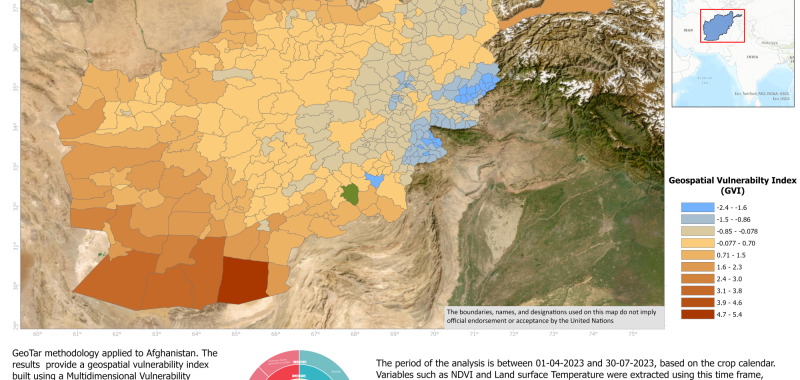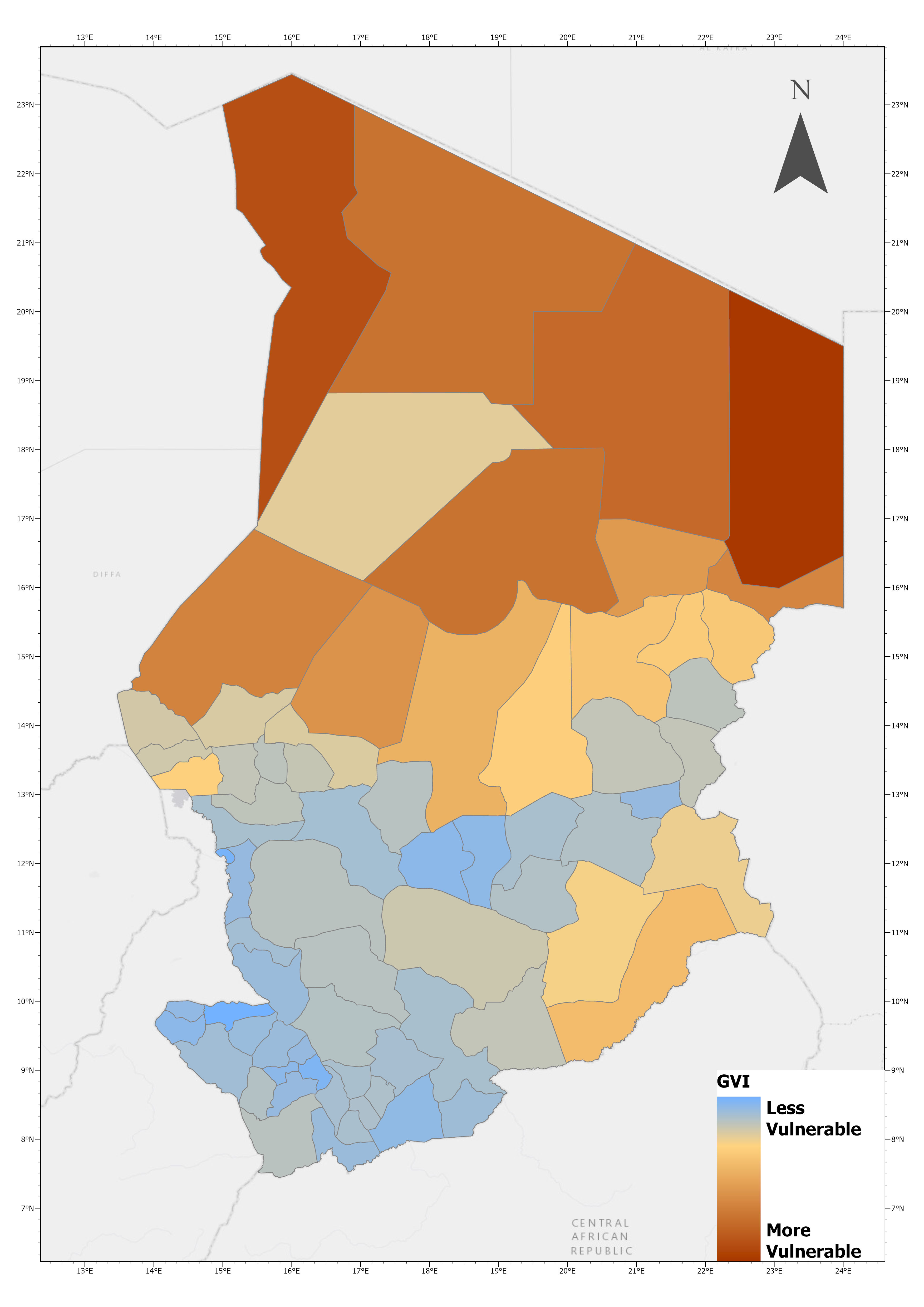Geographic targeting is the most common method used by WFP to identify areas and populations in most need of humanitarian assistance. Staff in WFP country offices responsible for conducting targeting, often lack high-quality, up-to-date data. This makes assistance imprecise and may exclude the most vulnerable people in need.






